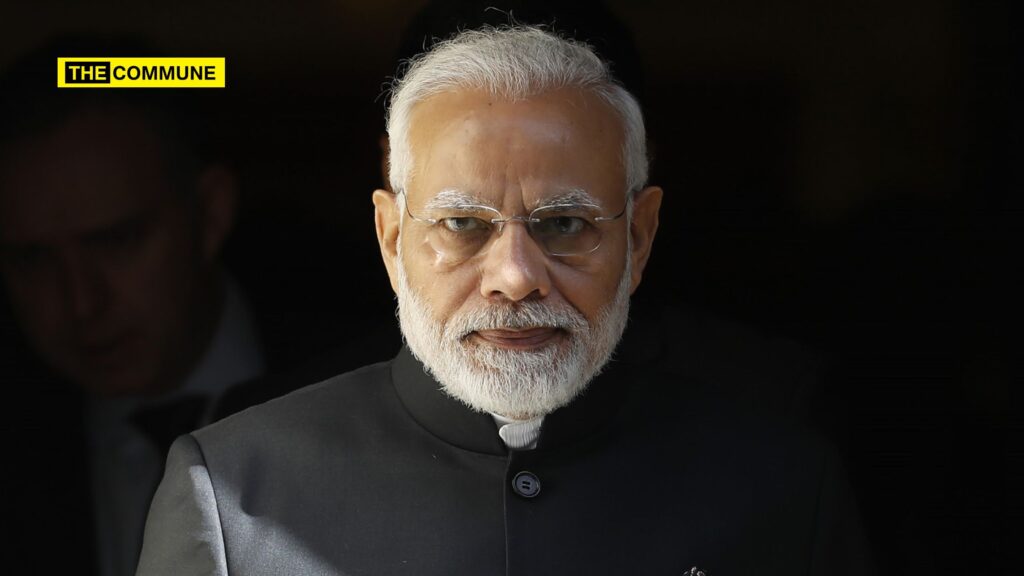Narendra Modi is set to be sworn in as India’s Prime Minister for a third consecutive term on 9 June 2024, marking a significant achievement previously held only by Jawaharlal Nehru. Known for his unique approach, Modi has extended invitations to a diverse group of attendees for the ceremony. Alongside political figures, representatives from the film and sports industries, business leaders, and other notable individuals, Modi has invited several special guests. These include beneficiaries of central government schemes, members of the transgender community, labourers from the Central Vista project, sanitation workers, and railway employees involved in key projects like the Vande Bharat trains and the Metro. This inclusive approach contrasts with the traditional focus on high-profile guests.
Significant changes have occurred in the national capital since Modi’s rise to power, with notable examples including the “People’s Padma” awards, which recognize previously unacknowledged talents in various fields. Modi has frequently interacted with laborers and sanitation workers during major events, acknowledging their hard work and dedication. This practice underscores his respect for their crucial role in advancing India’s growth.
The oath-taking ceremony, to be held at the Rashtrapati Bhavan forecourt lawn, will host over 9,000 guests from various sectors, including political leaders, film stars, sports personalities, industrialists, and businessmen apart from these special invitees. Robust security measures, including paramilitary personnel, NSG commandos, drones, and snipers, will be in place. Dignitaries from SAARC nations, such as Bangladesh, Sri Lanka, Maldives, Bhutan, Nepal, Mauritius, and Seychelles, have been invited. Enhanced security protocols will ensure the safe transit of these dignitaries to and from the venue, replicating measures from the previous G20 summit.
Leaders from neighboring countries, such as Nepal Prime Minister Pushpa Kamal Dahal ‘Prachanda’, Bhutan’s Tshering Tobgay, and Mauritius PM Pravind Jugnauth, are also expected to attend. In previous ceremonies, SAARC leaders attended in 2014, while BIMSTEC leaders were present in 2019, showcasing India’s regional diplomatic engagements.
Before the elections, Modi articulated his vision for a fully developed India by 2047, emphasizing the importance of immediate action post-election. He assured the nation that the government had a detailed plan ready for implementation within the first hundred days and over the next five years, aiming to steer India towards a brighter future.
(with inputs from News18)
Subscribe to our channels on Telegram, WhatsApp, and Instagram and get the best stories of the day delivered to you personally.

